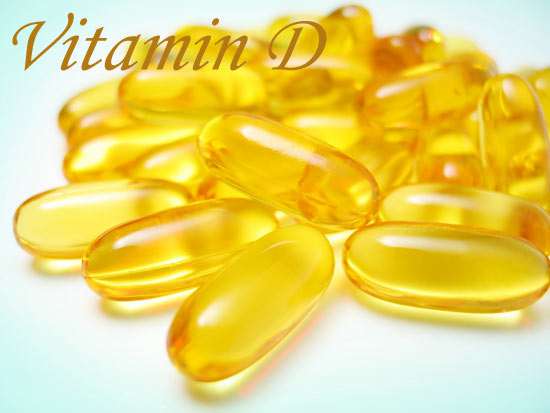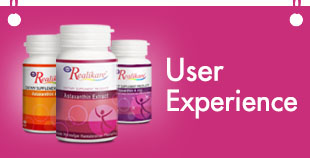
What is “Astaxanthin”?
Astaxanthin
is a natural carotenoid Xanthophyll group found in abundance from the artic marine environments to the common rock pool. Astaxanthin is what gives the pink and red colour to the flesh of salmon, shrimps and lobster. However, animals depend on their diet to obtain astaxanthin and other carotenoids since they can not produce carotenoids by themselves. Astaxanthin is produced de novo in nature by algae, some fungi, bacteria and very few higher plants.
Astaxanthin’s Structure

Astaxanthin’s character found in Microalgae “Haematococcus Pluvialis’

Safety :
Astaxanthin is very safe for human consumption because it has been part of the human diet for thousands of years. For example, a single serving of well pigmented wild salmon can contain 3 to 6 mg of pure astaxanthin. Numerous toxicity studies with astaxanthin extracts or astaxanthin rich alga meal of Haematococcus have not shown any serious adverse effects. Furthermore, clinical trials performed with astaxanthin rich alga meal with daily doses up to 40 mg astaxanthin lasting 4 weeks. Since 1995, astaxanthin in the form of alga meal has been available as a food supplement in Scandinavia and astaxanthin extract products have also been marketed since 1999 with no reports of negative side effects.
Antioxidant Potency
Its unique chemical structure as a carotenoid with superior positioning and orientation in the cell membrane, it has been shown that it is:
6,000 times stronger than Vitamin C
800 times stronger than CoQ10
550 times stronger than Vitamin E (α-tocopherol)
550 times stronger than Green tea catechins
75 times stronger than Alpha lipoic acid
40 times stronger than Beta-Carotene
17 times more potent than Grape Seed Extracts
Benefit of “Astaxanthin”
● Skin health: Reduce fine wrinkles, improve elasticity.
● Eye health: Reduce eye fatigue and improve visual acuity.
● Muscle health: Increase muscle endurance and reduce muscle damage.
● Gastric health: Improve gastric health.
● Lower risks associated with cancer, heart disease, strokes and diabetes
Who should take “Astaxanthin” ?
● Person who care of their health.
● Person who care of skin health and beauty.
● Person who daily face stress, pollution, exhausted from vehicles
● Person who work long hour using computer, take care their eyes
● Sportmen
References
1. Nishida Y.et.al, Quenching Acitivities of Common Hydrophillic and Lipophillic Antioxidants against Singlet Oxygen Using Chemiluminescence Detection System. Carotenoid Science 11: 16-20 (2007)
2. Miki, W., Biological functions and activities of animal carotenoids. Pure and Appl.Chem 1991 ; 63:141-6
3. Shimizu, N., et al., Carotenoids as singlet oxygen quenchers in marine organisms. Fisheries Sci. 1996; 62: 134-7
4. Fuji Chemical Industry Co., Ltd., Outsourced test by Collaborative Labs, Setauket, NY 2001
5. Yamashita,(2006) The Effects of Dietary Supplement Containing Astaxanthin on Skin Condition. Carotenoid Science 10:91-95
6. Nagaki et al., (2006) .The supplementation effect of astaxanthin on accommodation and asthenopia.J.Clin. Therap.Med.,22(1):41-54.
7. Sawaki,K.et al.(2002) Sports performance benefits from taking natural astaxanthin characterized by visual activity and muscle fatigue improvements in humans.Journal of Clinical Therapeutics & Medicine 18(9):73-88.
8. Kupcinskas et al., Efficacy of the antioxidant astaxanthin in the treatment of functional dyspepsia in patients with or without Helicobacter pylori gastritis: a propective, randomized ,double blind, and placebo controlled study .Eur.J.Gastroent and Hepat.,(In Press).
9. Hiroshige Itakura, Astaxanthin Defends and Subdues Active Oxygen, Heart publishing co.,ltd, 21.





